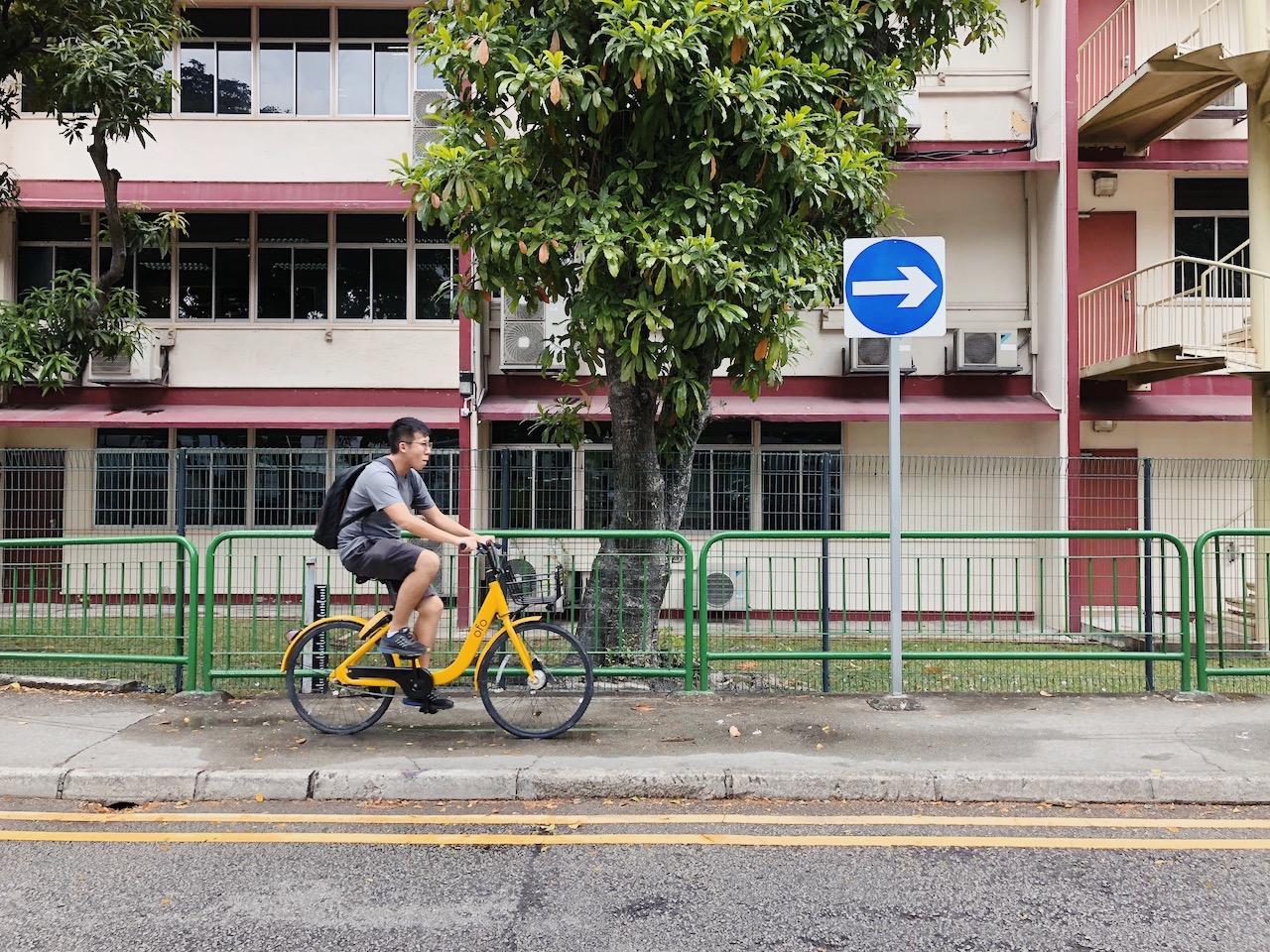Some blame a lack of top-down leadership. Others point their fingers at the modern consumer lifestyle and shrug.
For sure, they are all valid arguments. But they also miss the fuller picture.
The truth is, we are all creatures of habit and habit is often a matter of convenience. To use a facile example: I rarely visit my favourite fish soup in the world simply because I can’t be bothered to walk 15 minutes to Berseh Food Centre.
Environmental causes are not exempt from this modern desire for ease, and failure inevitably follows if it’s too difficult or if it makes no sense. So let’s take a closer look at some popular eco-initiatives, and see if their hype requires more practicality:
Save the earth, save Singapore, and save money. What could possibly go wrong?
I was highly skeptical because 3 minutes seemed like a ridiculously short span of time to get clean. I was afraid the alarm would ring whilst I was still soaping up my buttocks.
Thankfully, those fears proved unfounded. If you hustle a little and don’t stop to admire yourself in the mirror, 3 minutes is actually plenty. You can’t scrape your fingernails clean or give yourself a deep scalp massage, but cleaning body plus hair should be no problem—I managed it in two and a half minutes flat.
However, this well-meaning eco-measure is a little rigid. Because a 3-minute shower is essentially no different from an hour-long shower, provided that you spend only one-minute rinsing yourself. Planet earth doesn’t care if you spend the evening rubbing lavender oil on your chest, as long as you remember to turn off the tap whilst doing so.
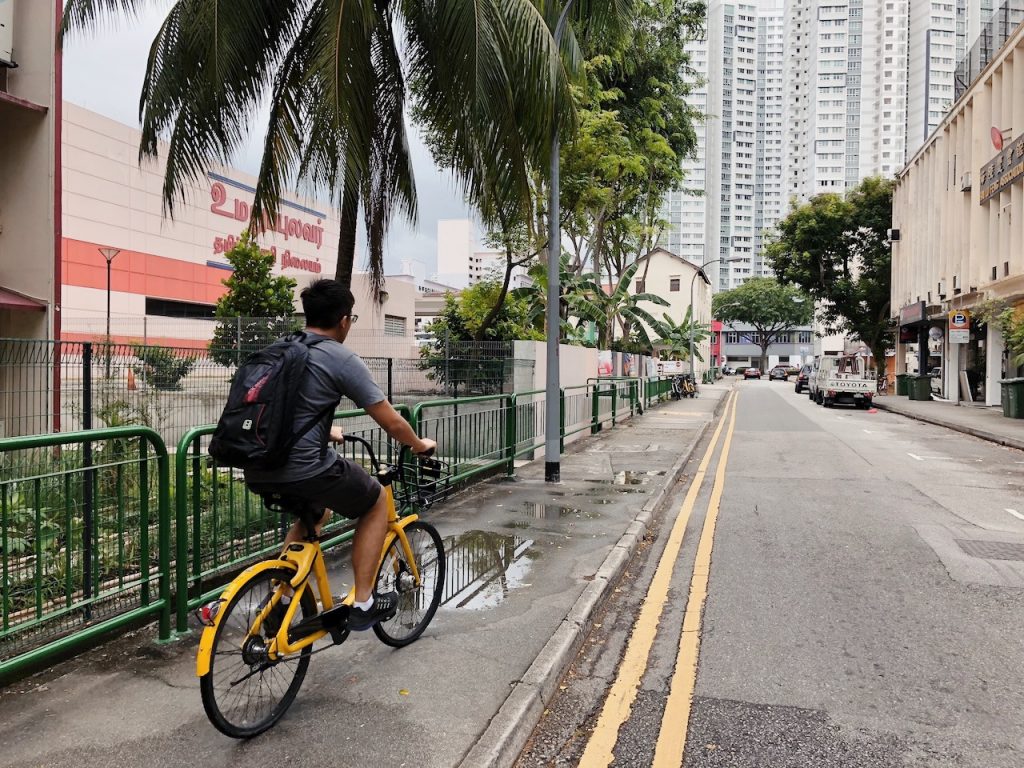
To misquote Ezekiel/Pulp Fiction—the journey of this self-righteous eco-warrior is beset on all sides by the iniquities of a country not designed for bikes.
Every 200m or so, I had to either slow down or dismount because of a bus stop jammed with morning commuters. Sometimes, a tree would be blocking my path. Sometimes, I encountered pavements so dramatically narrow only Vogue fashion models could’ve passed.
There is really no smooth sailing anywhere. Heartland estates have less physical obstacles, but more people. Landed estates have less people, but more obstacles in the form of bumpy driveways, jutting vegetation, and uh, other shared bikes abandoned haphazardly by the roadside.
But the worst thing is that you feel like an arse. I rang my bell about 20 times per hour chiding pedestrians to constantly get out of my way. So your commute ends up being an inconvenience for other commuters, and that’s unacceptable in my book.
I live in Ang Mo Kio and Rice lives in Jalan Besar. I left the house at my usual 8:17 and didn’t arrive until 10:38, approximately one hour late. I was also soaked in sweat and suffering from severe groin abrasion when I stumbled through the front door, smelling like ‘asphalt’. Granted, I am not a fitness influencer, but I doubt if any sane person would want to keep this up for week.
Verdict: -2/10. A bicycle commute sounds cool on paper, but Singapore has no bike lanes and you probably don’t have the requisite fitness. If you’re really keen on saving the earth, I suggest cycling to the train station and letting public transport take you from there.
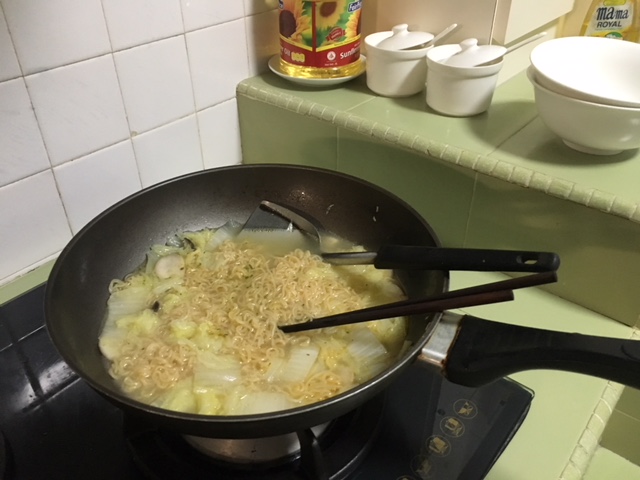
Based on reporting from the UK’s Independent newspaper, livestock production is responsible for 60% of agriculture’s greenhouse emissions while providing only 18% of the calories. If you quit meat, your carbon footprint would shrink by half, according to some estimates.
Unfortunately, cutting meat is not easy if you’re a consummate carnivore. This is a brief account of my 3 days as a vegetarian.
Day 1: My body is a temple. I feel so clean. Virtue is the best high ever. Ommm.
Day 2: I can do this. This is way easier than NS. However, even when I’ve just eaten, I feel like I’ve not eaten. There is a void that’s eating me from inside out.
Day 3: OMG, is that a piece of char siew? IT LOOKS SO GOOD!!! I can literally smell it from here om nom nom. Seriously, every piece of meat from cai fan stall suddenly looks like kobe beef seared by Wolfgang Puck himself. At night, I find myself debating whether Chicken-flavoured instant noodle counts as vegetarian. (my answer: yes).
If the Halal Subway Saga taught me anything, it is that cultural habits die hard. You can’t expect people who’ve eaten meat all their lives to suddenly adopt the cabbage life without some kind of revolt.
A ‘less meat’ campaign is not as sexy or radical or social media-friendly as going full vegan, but probably more feasible in the long term. Sometimes, you need a egg or a chicken wing to take the edge off.
Instead of going vegan for one month and calling it quits, I would suggest a one meat-free day every week. It’s easier and you can rationalise it by thinking about your waistline.
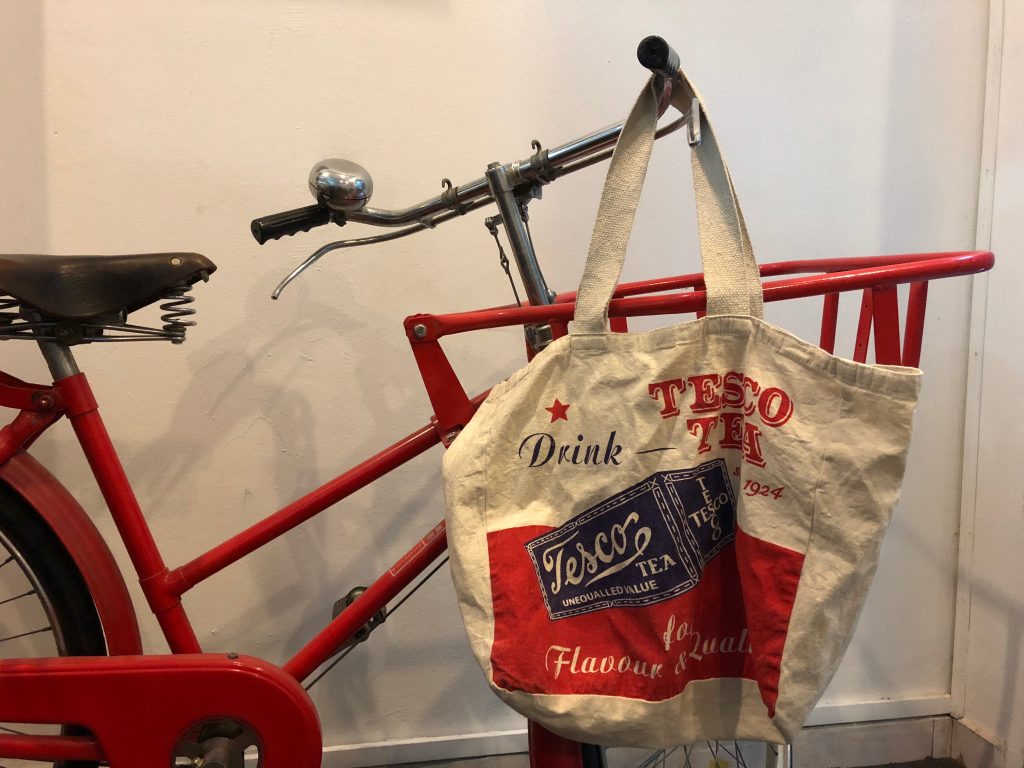
Pressure is force divided by surface area and the tiny area on each plastic bag handle exerts an inordinate amount of pressure on the soft flesh of your palm. Furthermore, they are really inconvenient when you’ve bought a lot of groceries. How are you going to tap your ez-link card whilst carrying a baby elephant in either hand?
I personally prefer a backpack plus tote combo.
I would give this measure my whole-hearted approval if not for one problem. It causes a shortage of bin liners. Every NTUC bag in my home is recycled as a garbage bag. After adopting a tote bag, I soon ran out of bin liners and had to throw my leftover food straight down the rubbish chute, which is rather anti-social to say the least.
This seems like a dumb first-world problem, but it’s not. In fact, it is the number one concern about NMP Louis Ng’s admirable motion to end single-use plastics.
After some research and thought, it seems that the only answer to this problem is biodegradable plastic bags, which cost quite a bit more. If you can afford these—great. If not, there’s no point in avoiding plastic bags whist grocery shopping only to buy them later. Better to just practice prudence and reuse every plastic bag meticulously.
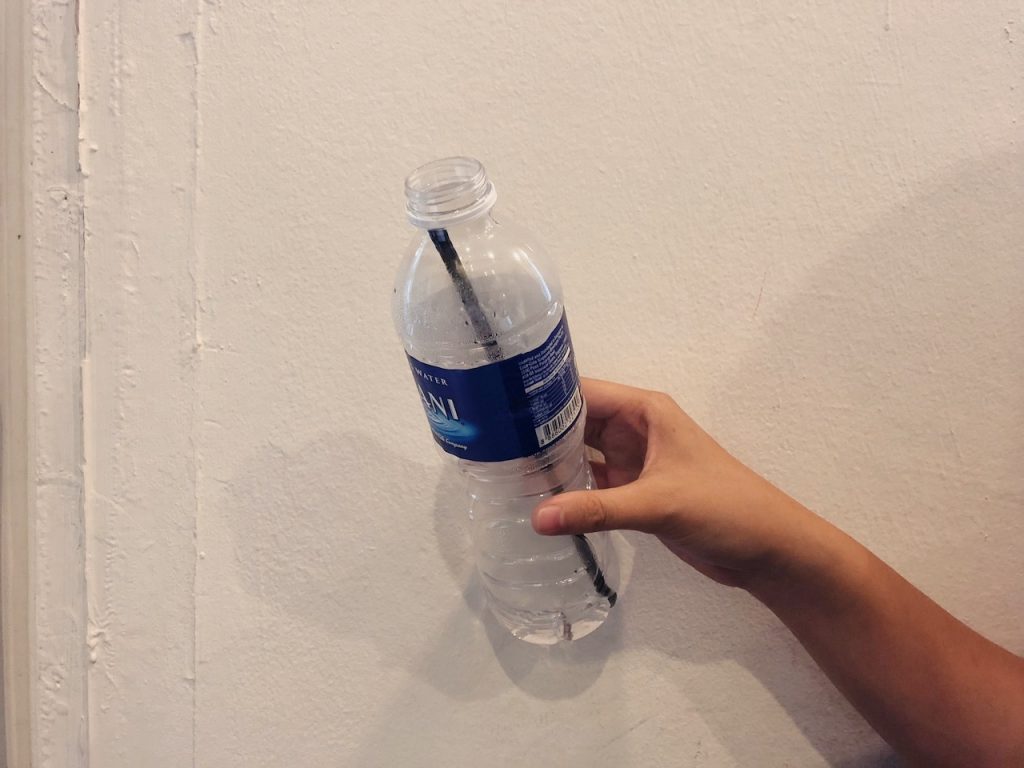
I drink atas coffee, tea and milo. I do not drink any of those beverages with a straw. In fact, in the four days since I bought this metal straw for nine dollars, I have not found a single occasion to use it, either in the office or at home. The only possible scenario where this might come in useful for me is a Fast Food restaurant, but even then, it is easier to just drink straight from the cup.
However, my mother finds it useful because she has very sensitive teeth. Gulping cold drinks causes her to wince and she cannot touch acidic beverages for fear of excruciating pain. Needless to say, she likes the straw because it allows her to drink ice-cold sugarcane juice without the need for morphine.
So the answer is: it depends.
It depends on how many straw-friendly beverages you consume. If you’re a daily kopi packet person or a lover of cold drinks like ice lemon tea, the straw helps. If you mostly drink single-origin coffees from a mug, don’t bother. Metal straws still require energy to produce and distribute. Don’t buy them to ornament your desk.
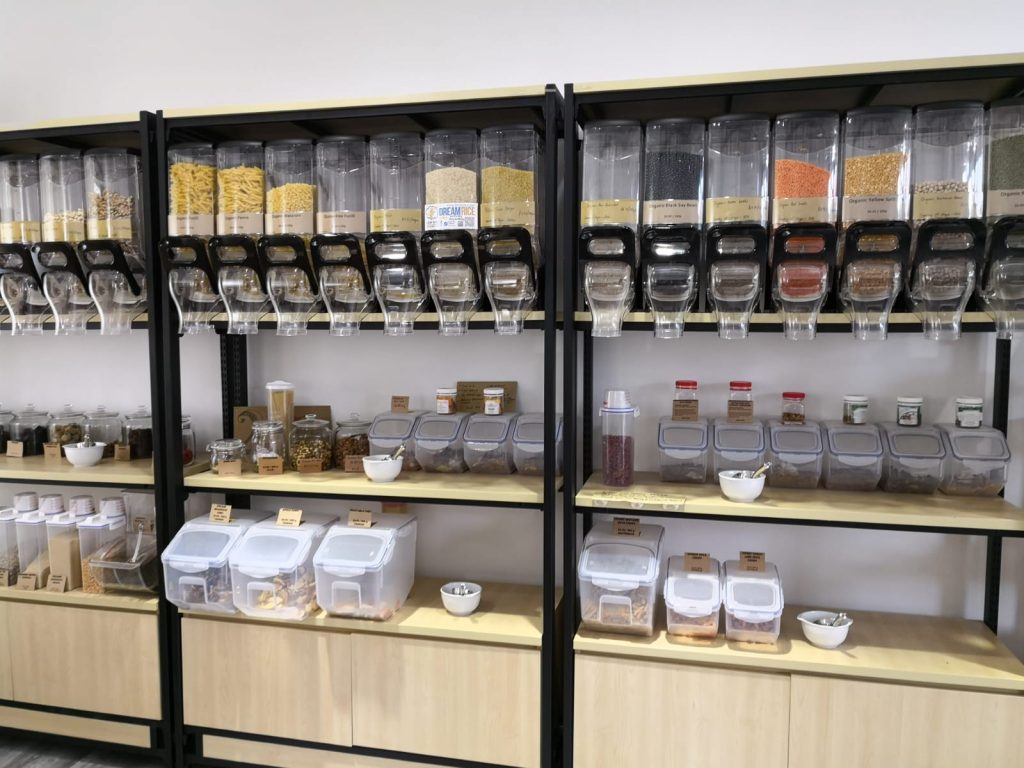
It adheres to the principle of ‘reducing waste’ in every possible way. You bring your own containers, your own carrier bags, and the receipt is emailed instead of printed. In practical terms, you bring your tupperware in a tote bag, pour yourself some walnuts from their wall-mounted dispensers, weigh it, and go home.
This sounds super easy and it is. My only petty complaint is the lack of junk food. Everything in UnPackt is very healthy. I want a few salty, fatty food options where I can save the world without saving myself.
If you’re not ready to abandon all animal products or even your 15 minute shower, you can still StopSucking or bring your jar for groceries.
The environment will still benefit even if it’s just one less straw or one less piece of bacon.

